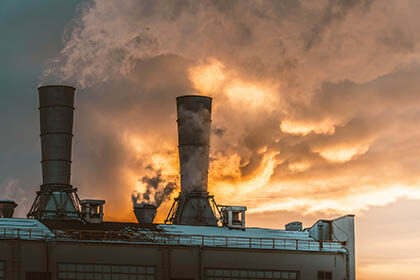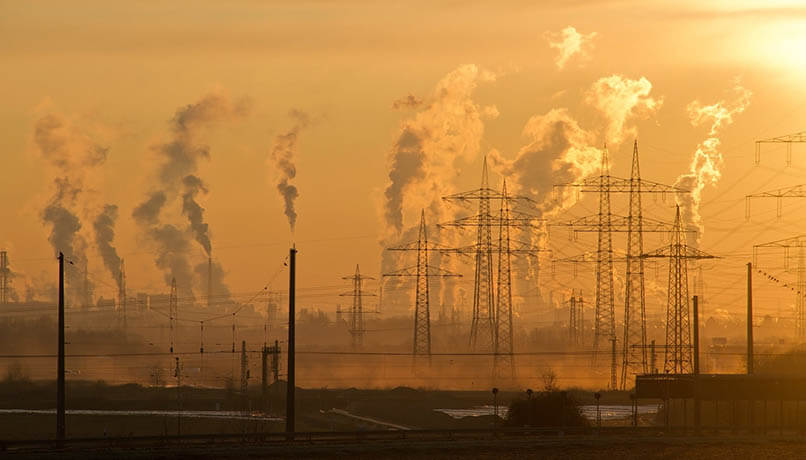Climate change is becoming a more important issue every day, especially when it comes to customers finding and choosing a restaurant. Restaurants must be taking every step they can to reduce their environmental, especially if they want to reach more customers and increase profit.
We have spoken to three experienced chefs, and here is there advice on how restaurants can do their bit to combat the effects of climate change.
 Fairley Wijesinghe – Hospitality Chef Manager in Health & Aged Care
Fairley Wijesinghe – Hospitality Chef Manager in Health & Aged Care
We focus on an extensive energy saving program and waste management protocol through the engagement of staff and customers.
We have invested in energy saving and efficient equipment, and we coordinate our preparation accordingly in order to reduce double usage, etc.
Jonathan Rowe – Leading Chef for the Royal Navy
As we all know, climate change is a big issue in the world we live in. Everyone needs to do their part to try and combat the problem, including the hospitality industry who are at the centre of attention a lot of the time.
In a restaurant, there are a few ways you can help with the issue. Firstly using sustainable foods is a good way of helping. This means making sure that the food you’re serving on your menus are made of sustainable products. For example, checking that the fish you’re using is not being overfished. Another way of doing your part is by doing your best to prevent wastage. You can do this by using as much of the products you get in. Use what you can in stocks and sauces. If you buy in a whole animal, it’ll be cheaper, and you can make sure you use as much of the animal as possible.
Another way of doing your part is by doing your best to prevent wastage. You can do this by using as much of the products you get in. Use what you can in stocks and sauces. If you buy in a whole animal, it’ll be cheaper, and you can make sure you use as much of the animal as possible.
Moving away from fossil fuels will benefit the issue of climate change. A lot of kitchens will have gas burners on their range tops. However, moving to induction tops will be much more environmentally friendly. Firstly by not using gas and secondly because if there isn’t a pan or pot on top, it’ll turn itself off.
Lastly, if you’re not using something, then turn it off. If you turn off the equipment you’re not using, then it will not only save energy but save money on bills as well. They’re all small changes but can make a big difference.
Abdellah Hemissi – Head Chef at Mitchell and Butlers
How much do chefs know about food and climate change? If I mean the food economy and its effect on the climate then very little. Most chefs do not get concerned about such things unless it has a direct impact on their bottom line. An example of this was the locavore movement, get as much of your food as locally as possible. This is all well and good until you look at the carbon cost of getting that shopping basket home. A lorry delivering many products to a supermarket generates far fewer food miles than cars going around the countryside to different farms and producers.
Restaurants by their nature use a lot of fossil fuels in their cooking processes. Gas is a huge source of heat for ovens and stoves. A lot of powerful, often 3 phase, electrical equipment is used in commercial kitchens too.
Then there is the waste. Glass waste is often recycled. Food waste tends to go to landfills. Some jurisdictions levy a landfill tax which will get passed back to the restaurant owners. The additional cost is the methane generated. Farming and ecology, not going to get into that one, but some people will. The restaurant trade can do a lot to reduce emissions and to reuse/reduce/recycle.
.png?width=1571&height=766&name=CFD%20knife%20and%20fork%20logo%20(carbonfriendlydining.org).png)


